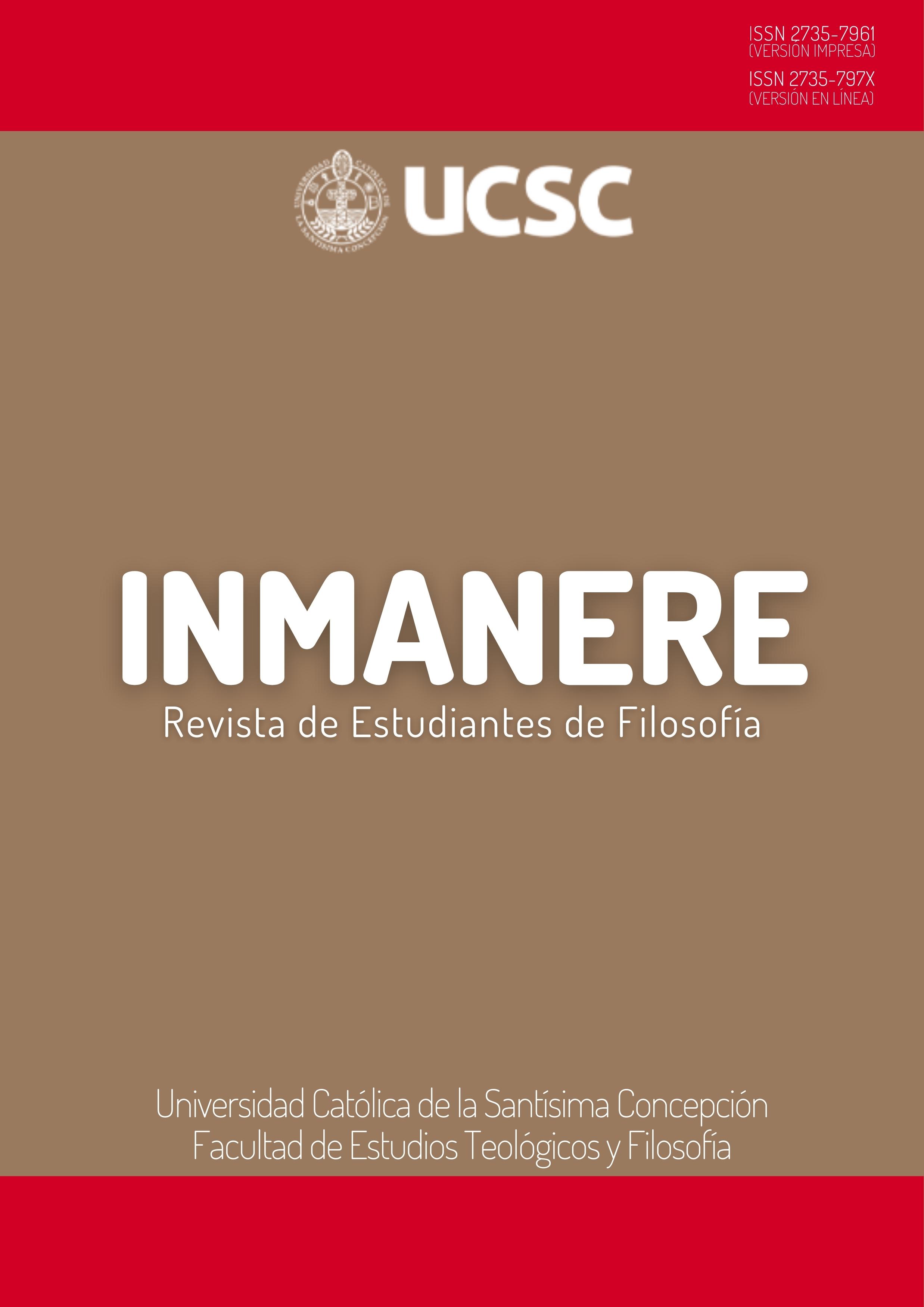El fundamento pragmático del Liberalismo Político en Jürgen Habermas
Contenido principal del artículo
Resumen
Al momento de analizar la propuesta del liberalismo político desde Jürgen Habermas en los textos Las bases morales prepolíticas del Estado Liberal (2004) y Debate sobre el liberalismo político (1998) es importante considerar la construcción del mundo de la vida a partir de la Teoría de la Acción Comunicativa II (1987). Esto con un propósito específico: mostrar cómo surge el acuerdo en la intersubjetividad con base en unos fundamentos normativos tematizados lingüísticamente. Sin embargo, para llegar a esta deducción, se requiere ir a la fuente principal: la fundamentación pragmática del mundo de la vida con los autores Austin, J. (1990) y Searle, J. (199). Así pues, en el presente artículo se pretende relacionar el fundamento pragmático con el liberalismo político desde el autor alemán. Para dicho propósito, se iniciará con el contractualismo de Locke para observar el viraje que se le da a la ley de la naturaleza con el fundamento pragmático. Igualmente, se mostrará la relación con Rawls y la crítica de otros autores a esta postura liberal.
Detalles del artículo
Sección

Esta obra está bajo una licencia internacional Creative Commons Atribución-NoComercial 4.0.
El trabajo se encuentra licenciado bajo una Licencia Creative Commons Atribución 4.0 Internacional. Esta licencia permite la compartición y adaptación del material en cualquier medio o formato, incluso con propósitos comerciales. Es necesario otorgar la atribución adecuada, proporcionar un enlace a la licencia y mencionar si se han realizado cambios en el material. No se pueden aplicar restricciones adicionales que limiten legalmente a otros a realizar cualquier uso permitido por la licencia.
Cómo citar
Referencias
Habermas, J. (1995) Theorie des komunikativen Handelns. Ed. Suhrkam
Habermas, J. (1987) Teoría de la acción comunicativa II. Ed. Taurus
Habermas, J. (2000) La inclusión del otro. Traducción y notas por Gerard Vilar Roca. Paidós
Habermas, J. (2004) Las bases morales prepolíticas del Estado Liberal. Traducción y notas por Manuel Jiménez Redondo. Böckenförde
Habermas, J. (1985) La lógica de las Ciencias Sociales. Traducción y notas por Manuel Jiménez Redondo. Technos
Habermas, J. (1976) Connaissance et intérêt. Traducción y notas por Jean-Marie Brohm. Tell Gallimard
Rawls, J., Habermas, J. (1998) Debate sobre el liberalismo político. Traducción y notas por Gerard Vilar Roca. Paidós
Rawls, J. (2018) Lecciones sobre la historia de la filosofía política. Paidós
Rawls, J. (2006) Teoría de la justicia. Fondo de Cultura Económica
Locke (1979) Segundo tratado sobre el Gobierno Civil. Un ensayo acerca del verdadero origen, alcance y fin del Gobierno Civil. Traducción y notas por Carlos Mellizo. Tecnos
Sartori, G. (2007) ¿Qué es la democracia? Traducción y notas por Miguel Ángel González. Taurus
Forster, G. (2007) John Locke’s politics of moral consensus. Cambridge
Aristóteles (2014) Ética a Nicómaco. Traducción y notas por Julián Marías. Clásicos políticos
Aristóteles (2000) Política. Traducción y notas por Manuela García Valdés. Gredos
Searle, J. (1990) Actos de Habla. Cátedra
Austin, J. (1990) Cómo hacer cosas con palabras. Traducción y notas por Genaro R. Carrió y Eduardo A. Rabossi. Paidós
Chantal Mouffe (1999) El retorno de lo político. Paidós.
Ortega, C. (2019) Pragmática transcendental y filosofía social: Karl-Otto Apel, Jürgen Habermas y la nueva fundamentación de la Teoría Crítica. Daimon. Revista Internacional de Filosofía, No 78
Ortega, C. (2018) La recepción del pensamiento de Marx en el joven Habermas. Ideas y valores, 67, 13-36 DOI: https://doi.org/10.15446/ideasyvalores.v67n167.57601
Fleitas, M. (2019) «En este mundo solo existen dos tragedias»: a propósito de la vigencia de la tesis de la «colonización del mundo de la vida» de Jürgen Habermas. Sistema
Requejo, F. (1991) Teoría crítica y estado social. Neokantianismo y socialdemocracia en J. Habermas. Anthropos
Víctor, J. (2021) A critique of communicative action in Jurgen Habermas philosophy’. Jorunal of Applied philosophy
González, J. (2003) Historia de la reforma. Unilit
William, J. y Barria, N. (2022) Replanteando el concepto de justicia como equidad y velo de ignorancia en John Rawls desde el pluralismo ético. Desde el sur
González, D. (2010) Jürgen Habermas – Joseph Ratzinger o la dialéctica de la secularización. Académico




